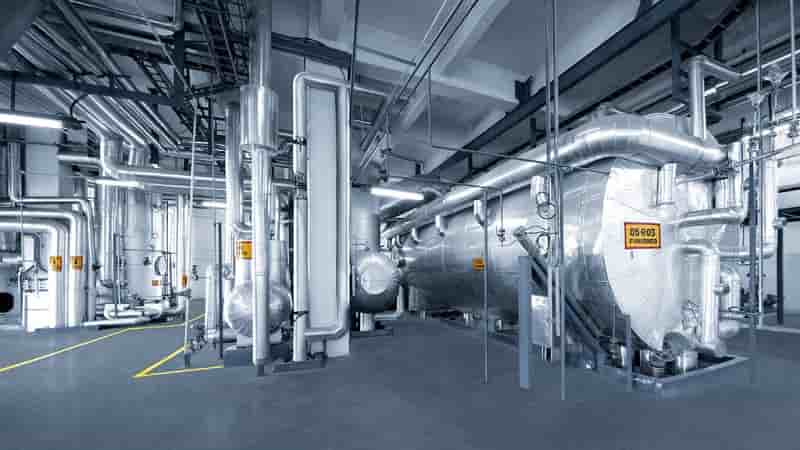Waste-recycling – Petrochemicals 17-10-2022 - Arhive
Waste-recycling – Petrochemicals
-Paraxylene EU – Petrochemicals
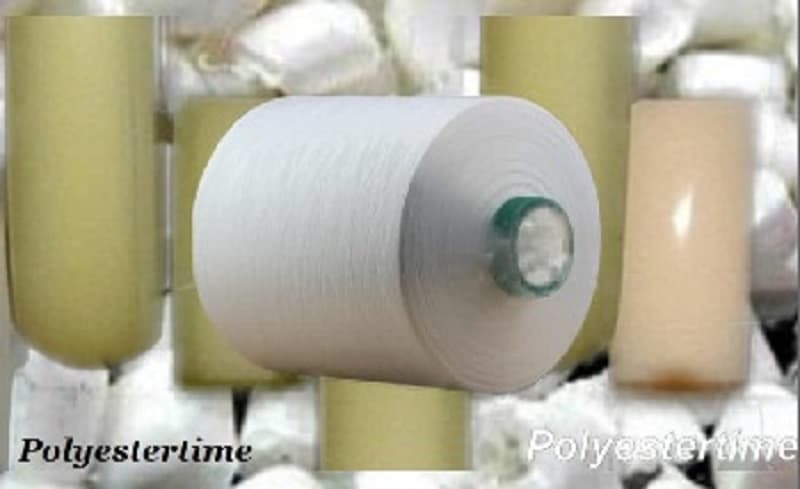
Crude Oil Prices Trend

Crude Oil Prices Trend Polyestertime
-Synpet Tech plans to open a waste recycling plant in Belgium by 2024
Synpet Technologies wants to build a plastic waste recycling plant in Genk, it announced in a press release. The unit is expected to be operational in 2024 and employ around 70 people, said Chemicalrecycling.
Synpet has been working on its plastic waste recycling process since 2014. All waste containing carbon is targeted, including dirty non-recyclable plastics.
Concretely, the plastic is transformed into synthetic naphtha (normally a derivative of petroleum), which can be used to produce new plastic materials. Additionally, the process also produces natural gas, biochar, and liquid organic fertilizer.
In 2016, Synpet set up a small pilot plant in Istanbul. The company now wants to build a commercial factory in Belgium.
The plant will be located in Genk and will have the capacity to process some 180,000 tonnes of plastic per year. This is an investment of 90 million euros, the financing of which is almost complete. Depending on permit applications and construction work, the plant is expected to be operational by the end of 2024.
In addition, Synpet is already considering a second factory in Belgium. Finally, Synpet also plans to eventually transfer its research and development site from Turkey to Belgium. This would create additional jobs in Genk.
We remind, Indaver has started building a new facility for recycling end-of-life plastics into valuable basic chemicals for the industry. This Plastics2Chemicals facility will recycle approximately 65,000 tonnes of end-of-life plastics and will thus become the first and largest fully-industrial plant on an EU scale. The foundation stone was laid in September 2022. Start-up is scheduled for early 2024 with an initial capacity of 26,000 tonnes.
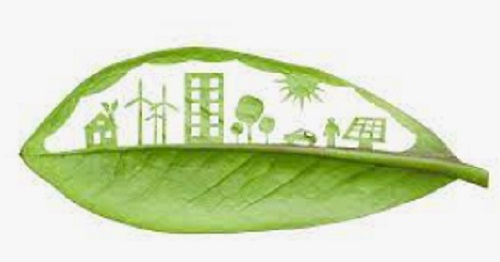
-Bacteria and catalysts recycle waste plastic into useful chemicals
Double-whammy approach uses chemical catalysts to break down mixed plastic waste so bacteria can convert what’s left into desirable compounds
A combination of chemical catalysts and engineered bacteria has been used to convert a mix of common plastic rubbish into a useful product. The technique could be adapted for other plastics or to make different materials.
Processes that convert plastic waste into useful chemicals tend to focus only on a single plastic, so it is difficult to design facilities that can cope with a mixture of plastic waste – which would be needed for a truly circular economy.
Gregg Beckham at the National Renewable Energy Laboratory in Colorado and his colleagues have designed a two-step process that uses readily available catalysts and a modified soil bacterium, Pseudomonas putida, to treat mixtures of some of the most common plastic waste materials.
The group managed to transform polystyrene, polyethylene terephthalate (PET) and high-density polyethylene (HDPE) into a family of biodegradable compounds called polyhydroxyalkanoates, which are frequently used in biomedical applications such as sutures or in repairing tendons.
The first step of the process borrows from a common industrial method to make terephthalic acid, one component of PET. This uses oxygen and chemical catalysts to break down carbon bonds in the mixed plastic waste, which makes the resultant compounds more digestible for the bacterium.
“Step one is like a big hammer: you just take oxygen and simple chemical catalysts to make oxygenated bioavailable intermediates – and then we engineer an organism to funnel those into a single product,” says Beckham.
Although Beckham and his team engineered the bacterium to produce polyhydroxyalkanoates in this study, it should be feasible to get it to produce other more widely used products instead, such as the building blocks for easily recyclable and environmentally friendly plastics. They also hope to extend the method to cope with a greater diversity of plastics.
“The cool thing about synthetic biology, metabolic engineering and this idea of biological funnelling… is that as long as the organism can eat or consume the oxygenated intermediates, then potentially one could make anything,” says Beckham.
The concept of combining chemical breakdown and biological conversion is novel and could form part of a new recycling chain for mixed plastic waste, says Mike Shaver at the University of Manchester, UK.
∼∼∼∼∼∼∼∼∼∼∼∼∼∼∼∼∼∼∼∼
-Wanted: 800,000 tons of chemically recycled materials a year by 2030
On top of the volumes of mechanically recycled materials needed, that is.
A letter published today, signed by twelve member companies of the Consumer Goods Forum’s (CGF) Coalition of Action on Plastic Waste, calls for more access to chemically recycled material produced responsibly and in line with the environmental safeguards of these companies. Addressed to suppliers, regulators and investors, the letter also points to a wider survey of coalition member companies, which indicated that among this group demand for chemically recycled material would reach some 800,000 tons per year by 2030, in addition to these companies’ needs for mechanically recycled materials.
The letter’s signatories indicate ‘their common interest in the development of credible, safe and environmentally sound chemical recycling infrastructure put forward by the industry players in Europe [….], and in purchasing commercial volumes of chemically recycled plastic content to incorporate in their packaging portfolio from the relevant organizations in the supply chain referred to as the Sellers (e.g., chemical industry players)’.
This interest is, however, conditioned on these materials, being produced in accordance with the principles outlined in the April 2022 Vision and Principles Paper, entitled “Chemical Recycling in a Circular Economy for Plastics” . Published by members of the Coalition, the paper encourages the development of new plastics recycling technologies that meet six key principles for credible, safe and environmentally sound development. At that same time, members of the Coalition published an independent Life Cycle Assessment study, demonstrating that the chemical recycling of hard-to-recycle plastic waste could reduce the climate impact of plastic when compared to waste-to-energy incineration. According to that study, system-level emissions would be approximately 40% lower in certain geographies and under certain conditions if at-scale chemical recycling was available to process hard-to-recycle plastics, rather than sending these plastics to waste-to-energy incinerators.
The Coalition recognises that although chemical recycling technology is not a silver bullet, it is currently the only way to recycle large volumes of flexible plastics packaging and other mixed PE/PP into food-grade PE/PP recycled content under current European regulations. It is therefore an important technology for the recycling of unavoidable plastic waste which cannot be otherwise recycled mechanically.
The survey of member companies revealing that there is demand for at least 800,000 tons of chemically recycled materials per year by 2030 represents a wake-up call for regulators and investors. These companies are sending a strong signal regarding the need for scale in plastics chemical recycling infrastructure while at the same time meeting the necessary environmental safeguards laid out in the Coalition’s Vision and Principles paper.
Demand for chemically recycled material emphatically does not reduce the need to continue the scale-up of mechanical recycling infrastructure. It is primarily focused on demand which cannot be met at scale by mechanically recycled materials today, such as food-contact flexible packaging applications.
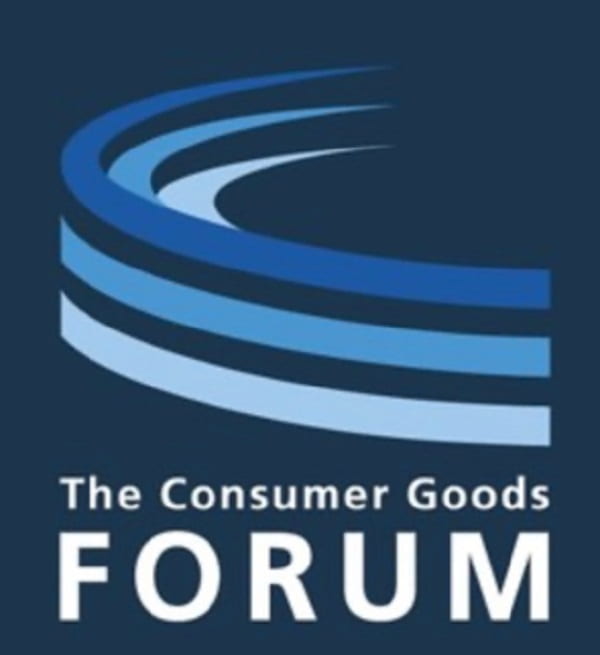
-Nextloop announces rPP study results
Nextloop has completed a study of background contamination of post-consumer Polypropylene (PP) packaging for its submissions to food safety authorities EFSA, USFDA, and UK FSA.
This study by the Nextloop project is the first recent comprehensive UK/European study on post -consumer PP packaging to be based on current recycling infrastructure and packaging materials. As such, it will update the knowledge base that has been used for other plastics (HDPE and PET) and will shine a new light on the science of risk management and recycling food-grade recycled PP (and potentially other polyolefins). This will enable the Nextloop project and its members to take a transformational approach to the stringent food safety requirements around food-contact recycled PP and further validates the approach of meshing highly effective sorting with powerful decontamination.
Nextloop’s experts ran 700 headspace analyses by GC-MS – an analytical method that combines the features of gas-chromatography and mass spectrometry – to identify different substances within test samples taken from post-consumer washed PP flakes. These PP flakes were taken from over 17,500 different pieces of packaging and the large data set was screened through the statistical approach, Principal Component Analysis, on the chemometric data to identify outliers, along with comparing each peak found against the NIST mass spectral library.
These science-based findings herald a breakthrough for the future of recycling of post-consumer polyolefins and are poised to enable Nextloop to help its 47-strong members navigate the recent changes announced by the EU Commission regarding the new regulation (2022/1616) dealing with recycled plastics in direct food contact.
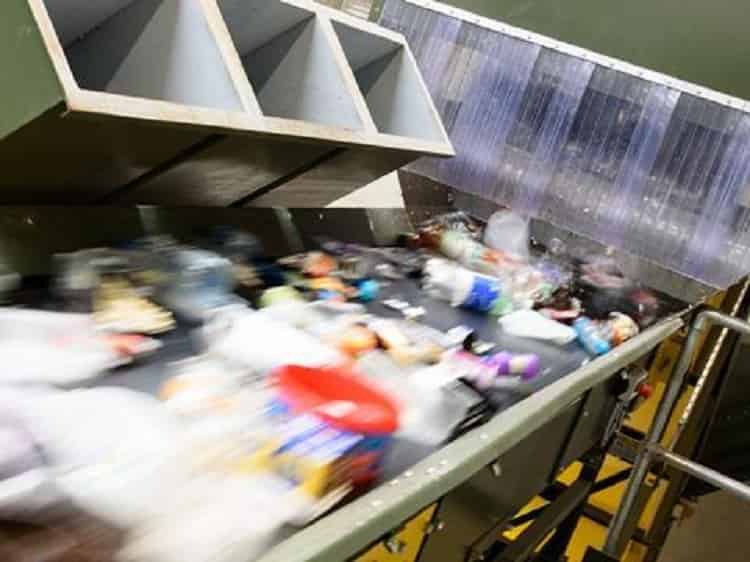
-Recycling at the center of the K presentation
With complete systems for plastics recycling from a single source, Coperion intends to set new standards for the industry. At K 2022, the company presents complete plastics recycling solutions.
Complete systems for industrial-scale plastics recycling from a single source – the recently completed merger between Coperion and machine manufacturer Herbold Meckesheim makes it possible. Coperion, technology leader in extrusion and compounding, bulk material handling and feeding systems, brings its own expertise in the field of recycling together with that of Herbold Meckesheim, specialist in the mechanical recycling of plastic and plastic waste, forming a new Recycling Business Unit. This new Business Unit makes innovative process solutions possible, supporting the efforts towards a circular economy in the plastics industry. Coperion is providing a first look at its integrated recycling solutions at K 2022 (19-26 October 2022, Dusseldorf) at its booth 14/B19, at its Recycling Pavilion in the open-air fairgrounds (CE09), and at Herbold Meckesheim’s booth 9/B34.
The newly created Recycling Business Unit is able to offer modular system and plant solutions that combine the complementary technologies of Coperion and Herbold Meckesheim to benefit customers. From mechanical processing – shredding, washing, separating, drying and agglomerating of plastics – to bulk material handling as well as feeding and extrusion all the way to compounding and pelletizing, the systems that both companies have developed together cover the entire process chain for reclaiming plastics. Moreover, the plastics industry will profit from this cumulative expertise thanks to their combined global sales and service network.
Experience PET recycling live
PET recycling is one example that illustrates how Coperion will be able to implement a complete system for plastics recycling in the future. As the plastics industry makes advances towards a circular economy, PET plays an ever more important role due to its increasing use in disposable and reusable bottles and its recovery through deposit systems, along with other factors. This material possesses outstanding recycling properties, regardless of whether it is to be recycled in bottle-to-bottle, bottle-to-film/sheet, or bottle-to-fiber processes, or whether it comes from other product streams.
Complete PET recycling solutions from Coperion offer throughput performance of up to ten tons per hour. The quality of PET recyclate manufactured using Coperion recycling technology and decontaminated in an SSP (Solid State Polycondensation) reactor is so high that it is approved by the FDA for direct contact with food.
One unique feature is that virgin material and various recyclates – such as regrind, agglomerates, or flakes – can be processed together, even if they exhibit different IV (Intrinsic Viscosity) values. Compared to conventional PET recycling procedures, Coperion’s solutions save on operation and energy costs and create less logistic efforts.
∼∼∼∼∼∼∼∼∼∼∼∼∼∼∼∼∼∼∼∼
-EU clears €11bn Celanese-DuPont deal subject to elastomers unit sell-off
Approval of acquisition subject to sale of Celanese thermoplastic copolyester business
Brussels – The European Commission has granted conditional approval for the proposed €11 billion (€11 billion) acquisition of DuPont’s engineering polymer unit – mobility and materials business – by Celanese.
The deal, announced in February, will see Celanese acquiring a broad portfolio of engineered thermoplastics and elastomers, brands and intellectual property as well as global production assets from the Delaware-based chemicals group.
In an announcement 12 Oct, the Commission said the approval was conditional on Celanese complying with its remedy commitments offered earlier this month.
The commitments, it said, include the divestment of the Irving, Texas-based group’s thermoplastic copolyester (TPC) business, possibly to Italian firm Taro Plast.
“Celanese and Dupont’s mobility and materials business compete head-to-head in the supply of thermoplastic copolyester, an essential input for the automobile sector,” said the EU competition chief Margrethe Vestager.
“With their transaction, they would have a combined leading position in the market with only a few alternative suppliers,” she added.
To address the Commission’s competition concerns, Celanese offered to divest its global TPC business, including its production facility in Ferrara, Italy; and the Pibiflex and Riteflex TPC’s brands.
Pibiflex is described as a block copolymer formed with hard, rigid PBT & soft amorphous polyether segments yielding a thermoplastic polyester with high elastomeric properties.
Riteflex TPE-ET block copolymers ‘exhibit the characteristics of vulcanised rubber with the processability of thermoplastics.’
As part of the commitments, Celanese will divest “a stand-alone business, which fully removes the overlap between the parties’ activities.”
According to the Commission, Celanese has proposed to divest the business to Taro Plast Spa, an Italian producer of engineering plastics.
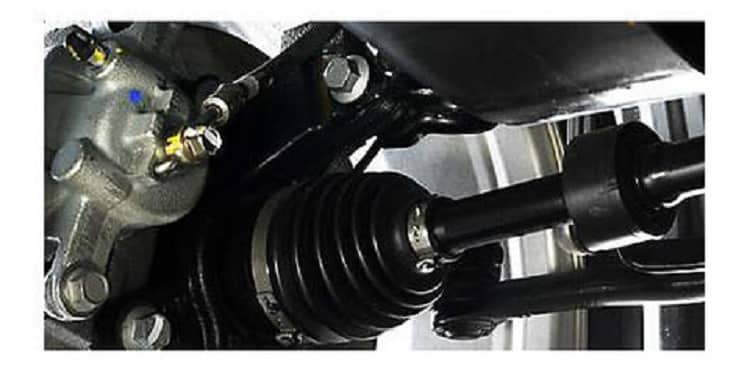
-Oerlikon sustainable solutions for entire process chain at K 2022
The Swiss Oerlikon Group’s Polymer Processing Solutions division will be presenting itself at the K 2022 under the banner of ‘Feel the Flow. Keep Control’. The leading international trade fair for the plastics industry is taking place in Düsseldorf, Germany, between October 19 and 26 this year, with around 200,000 visitors expected. Oerlikon will be presenting a broad range of products and services focused on manufacturing and processing plastics. Innovative solutions and technologies concentrating on such topics as raw material preparation based on modern polycondensation and extrusion systems, the latest recycling technologies, efficient hot runner systems, innovative coating solutions, sustainable manufacturing processes for filtration applications and high-quality gear metering pumps. Oerlikon’s team of experts is very much looking forward to seeing you at Stand D10 in Hall 1.
Today, innovation no longer means producing ever faster and ever more, but also producing sustainably. The plastics industry is as aware of its responsibility with regards to sustainability as it is of the demands that end users and politicians place on their products. Correspondingly, the focus of the eight K 2022 trade fair days will be on topics such as reducing CO2 emissions, avoiding waste, energy efficiency and the continual expansion of the circular economy.
“We see our technology solutions as enablers of a better world”, states Georg Stausberg, CEO of the Oerlikon Polymer Processing Solutions division and CSO of the Oerlikon Group. “In the polymer processing industry, we have to come to a sustainable, closed circular economy for packaging materials and textiles, for example, while simultaneously intensively expanding the recycling of the materials used. With our current technologies and our future innovations, we support manufacturers along the entire process chain in achieving their own sustainability targets.”
With its technology brands and subsidiaries, the Swiss Oerlikon Group is a solutions provider for numerous applications and stages within the plastics industry. Oerlikon will be showcasing a broad portfolio of innovative products and services at the K 2022 in Düsseldorf.
